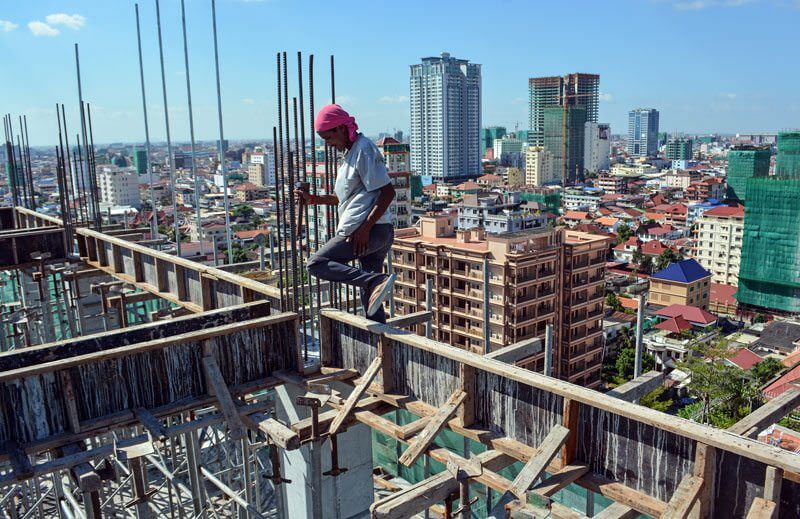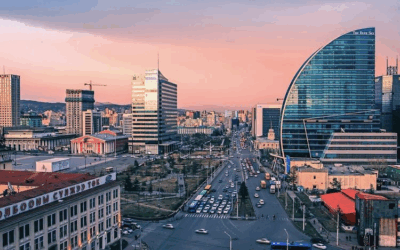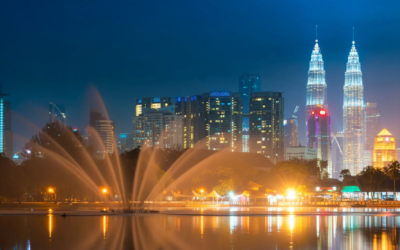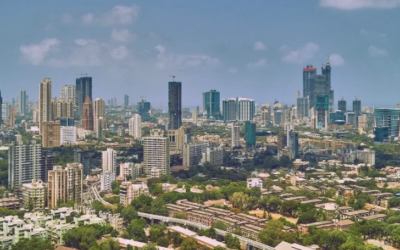Last updated October 4th, 2019.
Foreign investors are choosing to buy real estate in Asia than ever before. Population growth and urbanization rates are generally much higher in Asian cities than in the western world.
As a result, centrally-located real estate in Asia will almost certainly enjoy strong appreciation over the long term.
Yet the best investments often require a bit of extra work. That remains true whether you’re a day-trader or a property flipper.
For those purchasing real estate in Asia, the path to greater profit often means buying a “fixer-upper” – an apartment, house, or condo in need of renovation. You’d buy the property at a low price and then either resell or rent it once it’s renovated.
That probably means you’ll be hiring a contractor to organize all the construction workers and finish the renovation.
Now, I should preface everything by making clear: I don’t believe coming to Asia and investing in property yourself is a good idea if you’re a newcomer. Let alone doing renovation work and hiring contractors in Asia.
Contractors are hard enough to deal with in our home countries, right? Trust me – it’s worse in places like Cambodia or even Thailand. Most people fare better with passive investments like a managed fund or ETF.
With that said, investors seeking consistent returns in the 10%+ range might want to know how it can be done in Asia. The precise details vary based on the country and city, but here’s what’s usually involved.
Hiring Construction Contractors in Asia: The Basics
If you’ve ever hired contractors in any country, you surely know how difficult they can be. Long delays, overcharging, and plain old ineptitude are common throughout the world.
It absolutely doesn’t get any easier in countries such as Vietnam or the Philippines.
Quite frankly, there are enough scammers in places like Hanoi and Bangkok even when you’re not dealing with professions (including contractors and lawyers) known for ripping people off.
I strongly recommend getting a referral from someone. Do not merely search for “contractors in Thailand” and hire the first person who pops up. There’s a far better chance you’re hiring a good worker if someone you trust suggests them.
With that said, you don’t have to already know someone who is experienced with contractors in Asia before finding a referral. Simply ask for recommendations on local forums or Facebook groups.
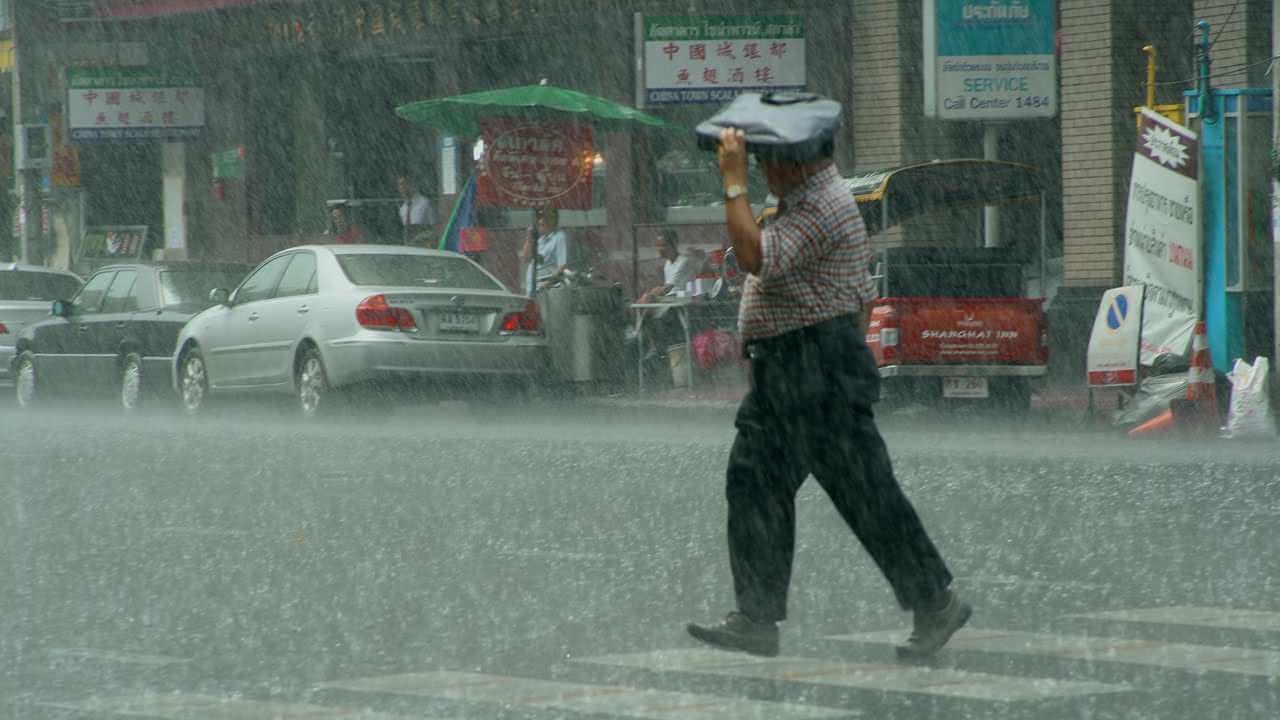
Southeast Asia’s monsoon season can expose cracks, leaks, and water damage that you may have been unaware of.
Be Safe, Pay Attention With Contractors in Asia
Here’s a quick list of several important things you should keep in mind when hiring contractors and construction workers in Asia. Some of these notes are merely common sense, while others are much less obvious.
-
- Don’t give them your key. People can, and will, steal from you. You’re also risking a chance of someone making copies of the key… and coming back later.
-
- Paint the walls and install flooring after the furniture is moved in. Your new interior will get bumped into and scratched by heavy objects, otherwise. Remember to cover the furniture before any renovation work.
-
- Get everything in writing. Make 100% sure the timeframe, costs, and work to be done are all specified in a contract and agreed to by both parties. There should not be any room at all for potential confusion.
-
- Electrical work should be managed with care. Ensure that the circuits, wiring, and voltage can handle the electrical needs of the property.
-
- Don’t necessarily take contractors for their word. Get a second (or third) opinion if they’re suggesting additional work that seems a bit too difficult and/or costly.
-
- Pay through installments and do not give contractors all the money upfront. Giving them 25% when the contract is signed, 25% upon two separate milestones being met, and 25% upon completion of work is reasonable.
-
- Make sure bathrooms and outer walls are properly waterproofed. This is very important – especially in Southeast Asia. Water leakage may not show itself until monsoon season, yet should nonetheless get fixed as quickly as possible.
-
- Do not be afraid to negotiate. It’s perfectly normal and contractors in Asia often expect to bargain when quoting you a price.
Should You Cut Construction Costs?
Less regulated markets including Cambodia and Vietnam present ample opportunities to save costs. However, there are good and bad ways to minimize the amount of capital you spend on a project while maximizing returns.
Using cheap materials and cutting corners aren’t the right solutions. People wanting to buy the property from you in the future will likely know the difference.
Meanwhile, tenants will just end up damaging your investment and it might eventually fall into disrepair.
Instead, try sourcing your own subcontractors and materials if you truly want to save cash. It’s time intensive and far more difficult compared with merely hiring a general contractor. But it’s far safer and more consistent too.
Does all of this sound too difficult? In that case, you may wish to consider looking into REITs or managed property funds.
They’ll charge you a small amount in management fees. But will also save you time/effort from hiring workers, general contractors and doing things by yourself in a country you’re unfamiliar with.
Skip the Next Western Recession
Learn the best places to invest - and where to avoid - by downloading our free Investment Cheat Sheet.

